Roughly a third of what ends up in the landfill is food waste. Think of every restaurant – and every home – and the food that doesn’t get eaten. When I was in Africa some of the lodges out in the outback fed the waste to hyena’s. We toss it into the landfill.
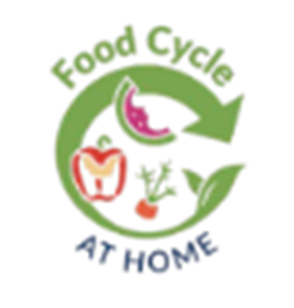 Starting right after the first of the year our Environmental Services folks will be starting a food scrap drop-off pilot project. Similar to how we tested the plastics program before jumping in with both feet, the food waste pilot will test to see if the public will support the program sufficiently enough to make it a permanent thing. Based on the comments I get from hanging around our plastic and glass roll offs I’m betting on you supporting the program. We will be putting out food scrap collection bins at 6 locations scattered around the city. Here’s a map showing where they’ll be located (No, ward 6 is not adding food to our already large array of bins.) |
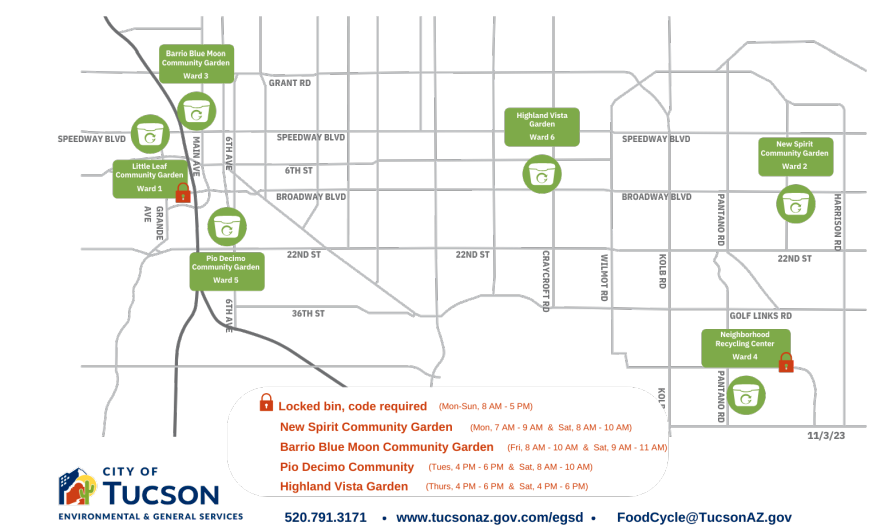 |
The ward 6 bin will be located in the Highland Vista community garden. In fact, 4 of the locations will be at one of the existing community gardens we have through a partnership in this program with The Community Gardens of Tucson (CGT.) Environmental Services will host the other two sites.
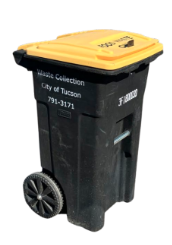
We’ve been partnering with local restaurants and grocers through our FoodCycle program and since April 2021 we’ve gathered over 1,400 tons of food and green waste, all diverted from the landfill and used to make composting material. We’re partnered with the UA CompostCats. You’ve met some of them here at ward 6 office during some of our plastics/recycle events. |
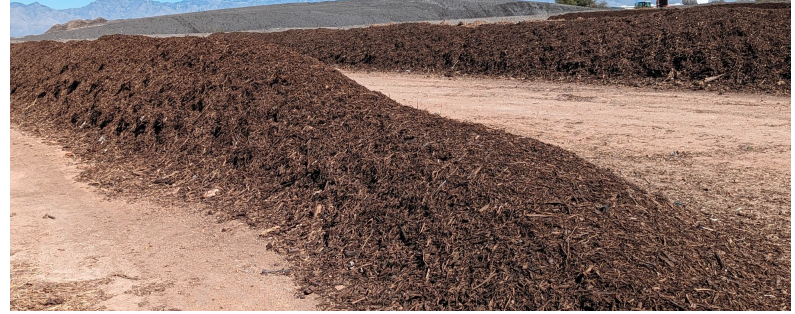 |
In order to control contamination, the 4 CGT sites will have scheduled hours, will have someone on site to monitor what’s being tossed into the bin and will be locked after hours. The two ES sites will be available 24/7 but will be padlocked. The pass code for the lock will be made available to people who have gone through the city-run training that will begin in December. All the controls are to assure the organics that are being collected are not contaminated.
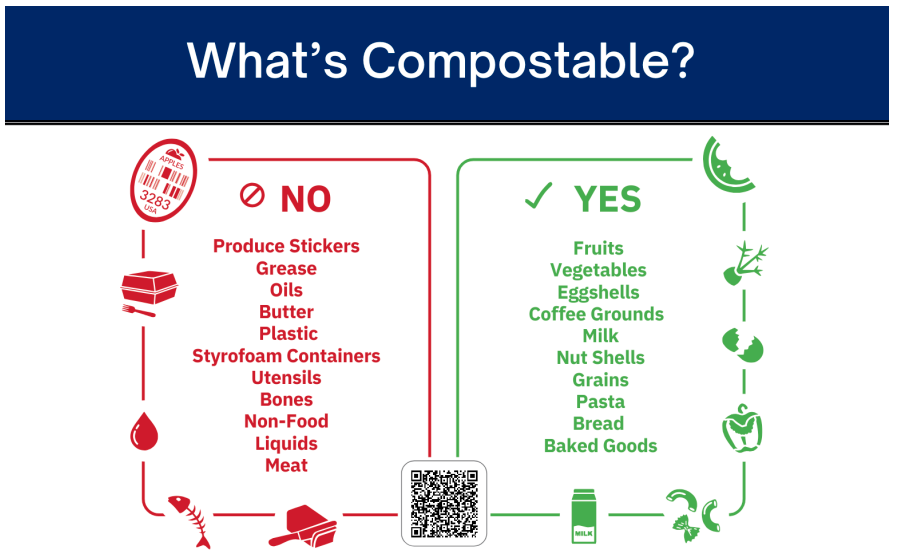 |
In addition to the 6 sites, through a grant ES received from the Arizona Recycling Coalition they’ve purchased 150 compost tumblers. The pilot program will also include distributing 25 tumblers to residents in each ward of the city that they can use in their own yards. Each resident using a tumbler will control the contaminants, and they can use the compost material they produce. Here’s an example of one of the tumblers.
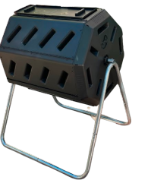 In order to be eligible for a tumbler homeowners will be required to downsize their trash container since all of your food and yard waste should now go into the tumbler. There will be training offered for the recipients of the tumblers – that will be scheduled to begin in January and the tumblers will be distributed in February. Thanks are due to Carlos DeLaTorre and his team at Environmental Services for putting the logistics of this program together. My hunch is that it will be well-received by Tucson residents and that it will serve as a model for other jurisdictions to follow – just as the plastics and glass programs have become. |
No comments:
Post a Comment